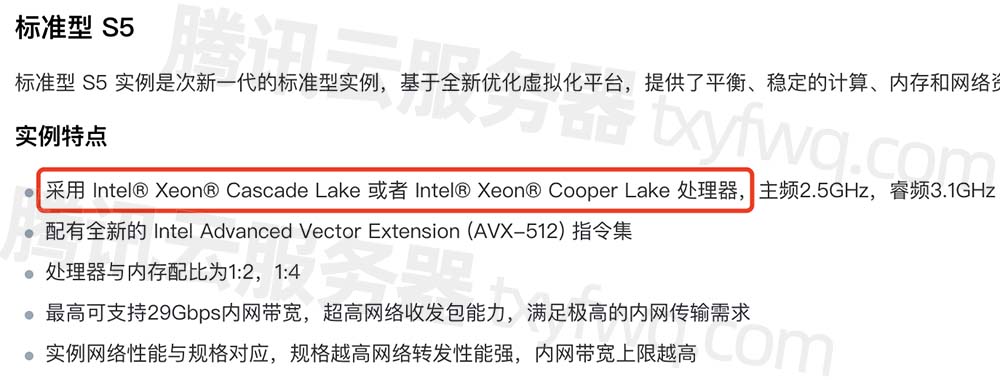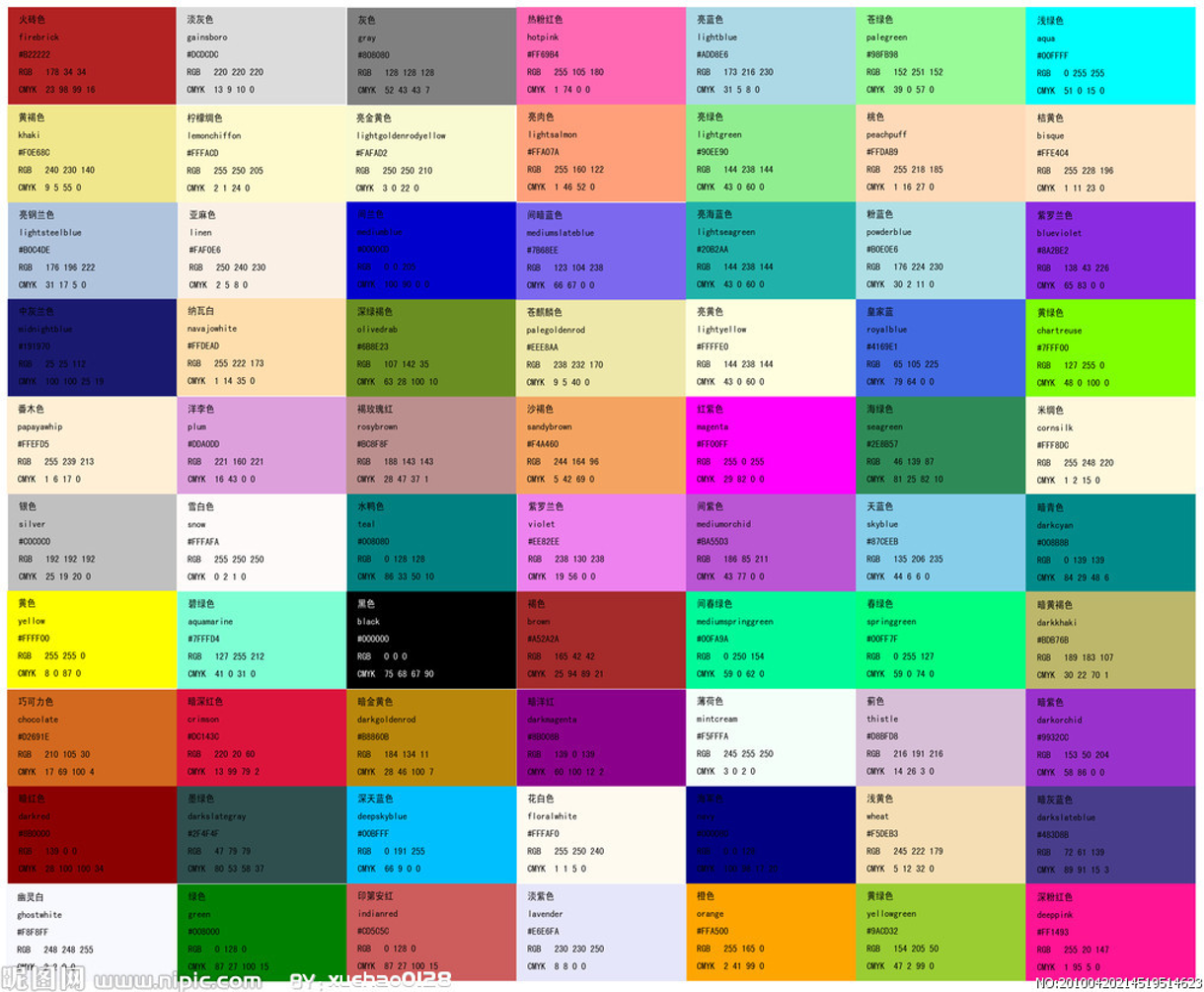146. LRU 缓存 - 力扣(LeetCode)![]() https://leetcode.cn/problems/lru-cache/?envType=study-plan-v2&envId=top-100-liked
https://leetcode.cn/problems/lru-cache/?envType=study-plan-v2&envId=top-100-liked
双向链表+哈希表
内置函数
对于c++有list可以充当双向链表,unordered_map充当哈希表;python有OrderedDict可以直接继承得到双向链表和哈希表,以此可以直接实现get与put操作;
在get操作里面,查看哈希表是否存在,若没有则返回-1,有则返回哈希表指向的地址
在put操作里面,查看哈希表是否存在,若没有则新建并插入哈希表与双向链表;若有,则把对应value刷新并移动至头部。
//c++
class LRUCache
{
private:
int capacity;
list<pair<int,int>> cache;
unordered_map<int,list<pair<int,int>>::iterator> key_map;
public:
LRUCache(int capacity) : capacity(capacity){}
int get(int key)
{
auto it=key_map.find(key);
if(it==key_map.end()) return -1;
cache.splice(cache.begin(),cache,it->second);
return it->second->second;
}
void put(int key,int value)
{
auto it=key_map.find(key);
if(it!=key_map.end())
{
it->second->second=value;
cache.splice(cache.begin(),cache,it->second);
return;
}
if(cache.size()==capacity)
{
auto last=cache.back();
key_map.erase(last.first);
cache.pop_back();
}
cache.emplace_front(key,value);
key_map[key]=cache.begin();
}
};
#python
class LRUCache(collections.OrderedDict):
def __init__(self, capacity: int):
super().__init__()
self.capacity=capacity
def get(self, key: int) -> int:
if key not in self:
return -1
self.move_to_end(key)
return self[key]
def put(self, key: int, value: int) -> None:
if key in self:
self.move_to_end(key)
self[key]=value
if len(self)>self.capacity:
self.popitem(last=False)
创建数据结构
不用内置函数的话,自己构造数据结构表示双向链表与哈希表,然后对增加节点,删除节点,将节点移到最前面,删除最久未使用节点进行函数构造使用,方法是一样的,但这个会更加底层一点。
//c++
struct D
{
int key,value;
D* prev;
D* next;
D():key(0),value(0),prev(nullptr),next(nullptr){}
D(int a,int b):key(a),value(b),prev(nullptr),next(nullptr){}
};
class LRUCache
{
private:
unordered_map<int,D*> cache;
D* head;
D* tail;
int size;
int capacity;
public:
LRUCache(int c):capacity(c),size(0)
{
head=new D();
tail=new D();
head->next=tail;
tail->prev=head;
}
void ath(D* a)
{
a->prev=head;
a->next=head->next;
head->next->prev=a;
head->next=a;
}
void rn(D* a)
{
a->prev->next=a->next;
a->next->prev=a->prev;
}
void mth(D* a)
{
rn(a);
ath(a);
}
D* mt()
{
D* a=tail->prev;
rn(a);
return a;
}
int get(int key)
{
if(!cache.count(key)) return -1;
D* a=cache[key];
mth(a);
return a->value;
}
void put(int key,int value)
{
if(cache.count(key))
{
D* a=cache[key];
a->value=value;
mth(a);
return;
}
D* a=new D(key,value);
cache[key]=a;
ath(a);
size++;
if(size>capacity)
{
D* a=mt();
cache.erase(a->key);
size--;
delete a;
}
}
};
#python
class D:
def __init__(self, key=0,value=0):
self.key=key
self.value=value
self.prev=None
self.next=None
class LRUCache():
def __init__(self,capacity:int):
self.cache=dict()
self.head=D()
self.tail=D()
self.head.next=self.tail
self.tail.prev=self.head
self.capacity=capacity
self.size=0
def rn(self,node):
node.prev.next=node.next
node.next.prev=node.prev
def ath(self,node):
node.prev=self.head
node.next=self.head.next
self.head.next.prev=node
self.head.next=node
def mth(self,node):
self.rn(node)
self.ath(node)
def rt(self):
node=self.tail.prev
self.rn(node)
return node
def get(self, key: int) -> int:
if key not in self.cache:
return -1
a=self.cache[key]
self.mth(a)
return a.value
def put(self, key: int, value: int) -> None:
if key in self.cache:
a=self.cache[key]
a.value=value
self.mth(a)
return
a=D(key,value)
self.cache[key]=a
self.ath(a)
self.size+=1
if self.size>self.capacity:
a=self.rt()
self.cache.pop(a.key)
self.size-=1


















